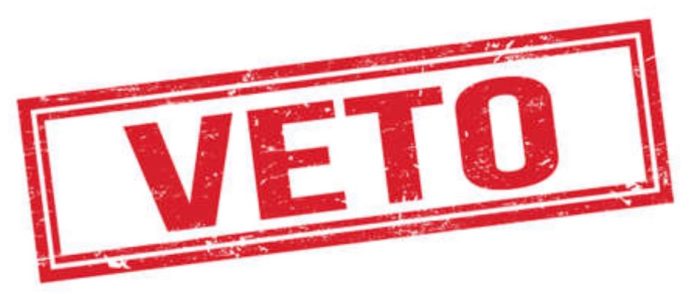As Gov. Mike Dunleavy reviews the stack of legislation on his desk, a critical June 19 deadline looms. Among the most significant are three major budget bills: the state’s Operating, Capital, and Mental Health budgets. In addition to those, numerous other bills await action — some likely to be signed, others vetoed, and a few potentially allowed to become law without the governor’s signature.
Already, lawmakers have taken the rare step of overriding one of Dunleavy’s vetoes, an increase to Alaska’s education funding formula. Whether the Legislature will take further steps to challenge the governor on other spending matters remains to be seen. A special session to override additional vetoes is possible, though not probable. Such a move would require 40 votes, and several Democrats appear reluctant to pursue that route. More likely, legislators could wait until the 2026 regular session in January, when a joint session could be called to take up veto overrides.
Much of the state’s approved spending this year relies heavily on diverting funds from the 2025 Permanent Fund dividend. Lawmakers allocated roughly 85% of available Permanent Fund available proceeds to state operations, leaving Alaskans with a dividend of just $1,000 — far short of their statutory 50% share. The Legislature also dipped into funds originally intended for college scholarships for Alaska students. The question now is how the governor will see those two funding raids.
Two of the most consequential spending bills have now been formally transmitted to the governor’s office:
- HB 53 – Operating, Capital, and Supplemental Budget (Transmitted: May 27, 2025)
- HB 55 – Mental Health Budget (Transmitted: May 27, 2025)
Notably absent from the governor’s desk, however, is Senate Bill 113, the controversial internet income tax bill. More than a month after its passage, it still hasn’t been transmitted, suggesting a calculated delay by the Democrat-led majority. Their strategy may be to hold the bill until November, daring Dunleavy to veto it late in the year, with an eye toward overriding the veto during the January session.
Regardless of when it reaches his desk, SB 113 appears destined for a veto. The only question now is when that battle will begin.
